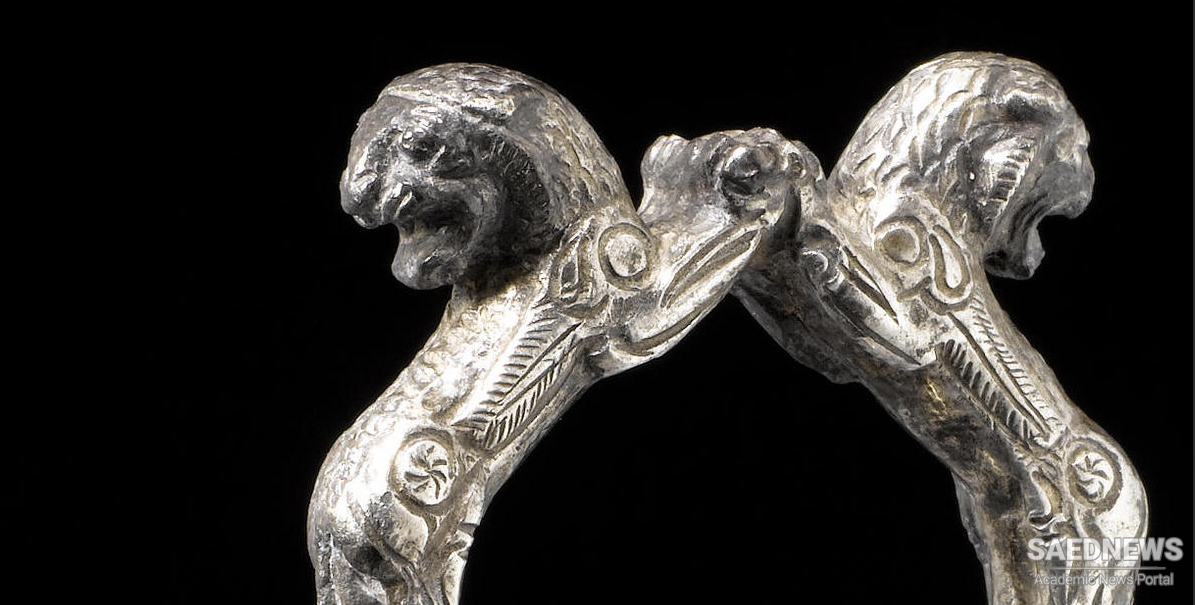Ancient Persian culture flourished between the reign of Cyrus II (The Great, r. c. 550-530 BCE), founder of the Achaemenid Persian Empire, and the fall of the Sassanian Empire in 651 CE. Even so, the foundations of Persian culture were already set prior to the 3rd millennium BCE when Aryan (Indo-Iranian) tribes migrated to the region which would come to be known as Ariana or Iran – the land of the Aryans. The Persians were only one of these tribes who settled in the territory of Persis (also Parsa, modern-day Fars) which would give them their name.
Initially, the Persians were subject to another Aryan tribe, the Medes, who had helped topple the Assyrian Empire of Mesopotamia in 612 BCE and extended their reach to form their own empire. The Medes were overthrown by their vassal Cyrus the Great in c. 550 BCE and, with the rise of the Achaemenid Empire, Persian culture began to develop fully. It should be noted, however, that many of the cultural advancements Cyrus II is regularly credited for were actually developed by earlier Persians and Medes (such as the qanat system of irrigation, the yakhchal, and military organization). Cyrus II’s brilliance – which would be mirrored by many of his successors – was in recognizing worthwhile concepts and adapting them on a large scale.
His vision of an all-inclusive empire whose citizens could live and worship as they pleased – as long as they paid their taxes and caused no problems for their neighbors or the king – provided the basis for one of the most vital and influential cultures of the ancient world. Much has been made of the Greek influence on the Persians after the fall of the Achaemenid Empire to Alexander the Great in 330 BCE but, long before and long after Alexander and the succeeding Hellenistic Seleucid Empire (312-63 BCE), Persian culture influenced the Greeks and many other civilizations, and its effects still resonate around the world in the present day (Source: Ancient History Encyclopedia).


 Ancient Iran: Preliminary Notes
Ancient Iran: Preliminary Notes














































